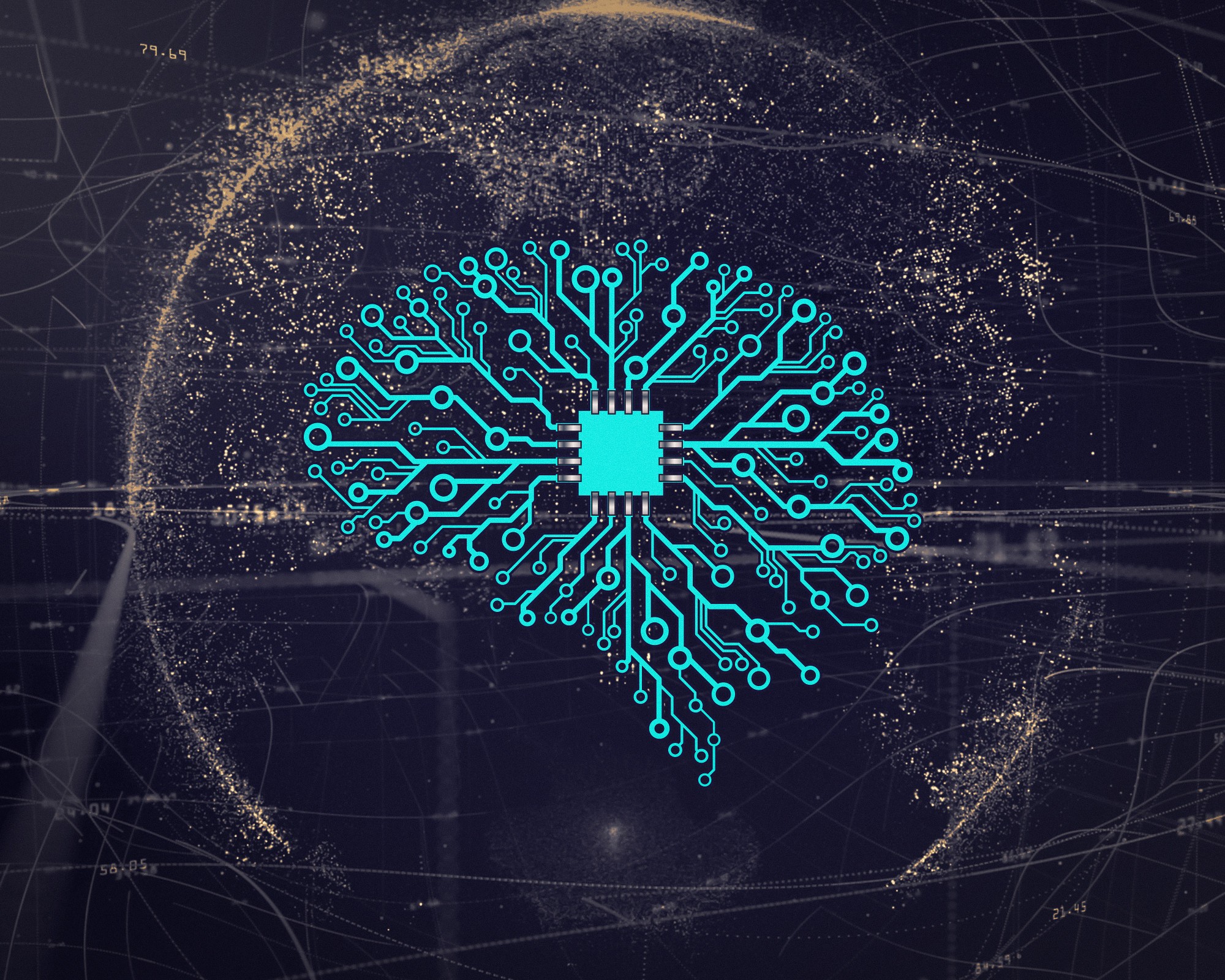“The Digital Social Contract” paper series explores the role of changing technology and non-government actors in driving social, legal, and political change. It features long-form research papers and podcast interviews focusing on the relationship between governments, technology companies, and citizens.
-

Lawfare Daily: David Kris on Data Proxies for Clients of Cloud Service Providers
What benefit could a "data proxy" provide to an organization? -

Data Proxies for Clients of Cloud Service Providers
A plan to incentivize companies to use secure cloud storage by ensuring that their interests are represented when the government comes for their data. -

Lawfare Daily: Kevin Frazier on Prioritizing AI Research
Discussing the importance of AI research. -

Prioritizing International AI Research, Not Regulations
A research-first approach with respect to AI could ensure related policy debates are grounded in the technical aspects of AI rather than abstract political arguments. -

Lawfare Daily: Open Banking and the Benefits of Interoperability with Alexander Rigby and Chinmayi Sharma
Discussing the promise and pitfalls of interoperability. -

Open Banking: A Case Study in the Benefits of Interoperability
Policymakers must prioritize decentralizing decision-making power in industries before true technological decentralization can occur. -

Lawfare Daily: Peter Salib on AI Self-Improvement
What are the risks of AI self-improvement? -

AI Will Not Want To Self-Improve
Classic arguments for AI risk assume that capable, goal-seeking systems will naturally attempt to improve themselves, but a closer look at the operative incentives reveals a more complicated story. -

The Lawfare Podcast: Bryan Choi on NIST's Software Un-Standards
Discussing NIST's history in setting information technology standards -

NIST's Software Un-Standards
NIST’s latest forays in risk management frameworks disavow concrete metrics or outcomes, and solicit voluntary participation instead of providing stable mandates. -

The Lawfare Podcast: Riana Pfefferkorn and David Thiel on How to Fight Computer-Generated Child Sexual Abuse Material
One of the dark sides of the rapid development of artificial intelligence and machine learning is the increase in computer-generated child pornography and other child sexual abuse material. -

Addressing Computer-Generated Child Sex Abuse Imagery: Legal Framework and Policy Implications
Computer-generated child sex abuse imagery poses significant challenges to law enforcement, including constitutional limits on criminal prosecutions.



.png?sfvrsn=ef3f053b_5)








